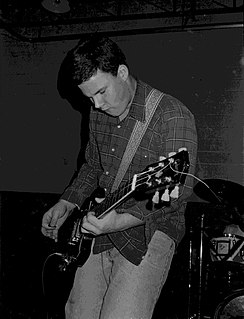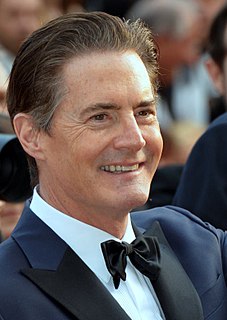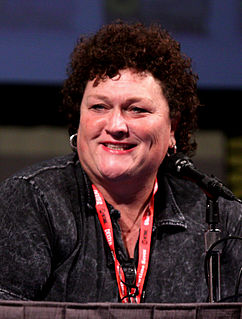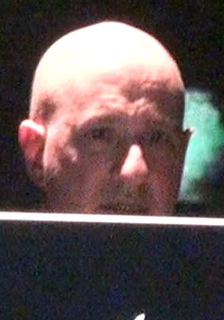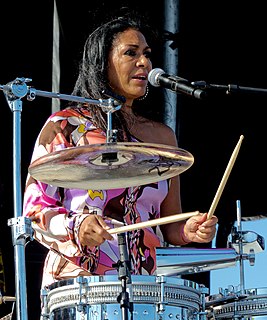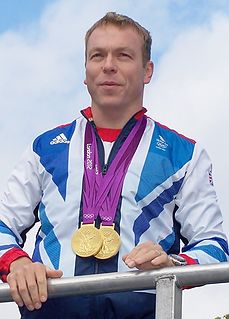A Quote by Brian Eno
The micro-compositions are the pieces themselves, but the macro-composition is the whole set of them and how it moves from track to track and how the titles relate to one another, for example. Always when I do records like this of a selection of instrumental pieces - the titles, to me, are very important.
Related Quotes
In period pieces or genre pieces, those have to be set in historical truths. But, science fiction has different game pieces. And with those game pieces come other stories we're not familiar with. So, science fiction teaches us how to relate to outsiders, to foreigners, and to not approach any of that with fear, but a genuine curiosity.
I did volleyball, basketball, and track all through high school. And then I went to junior college and I stuck with track because I was good at shot put and discus. And then I got a full ride to Fresno State for their track program. Shot put was my main thing. I was the five-time All-American, and I set a couple records.
I like to go for a certain over-the-top opulence when naming the drone pieces whereas the song titles are all about concision, I guess. I mean, if I were truly a purist, I'd call things, "Long Piece #27" or "Newest Fast Song", but I enjoy titling and it is helpful at rehearsals or when making set-lists.





